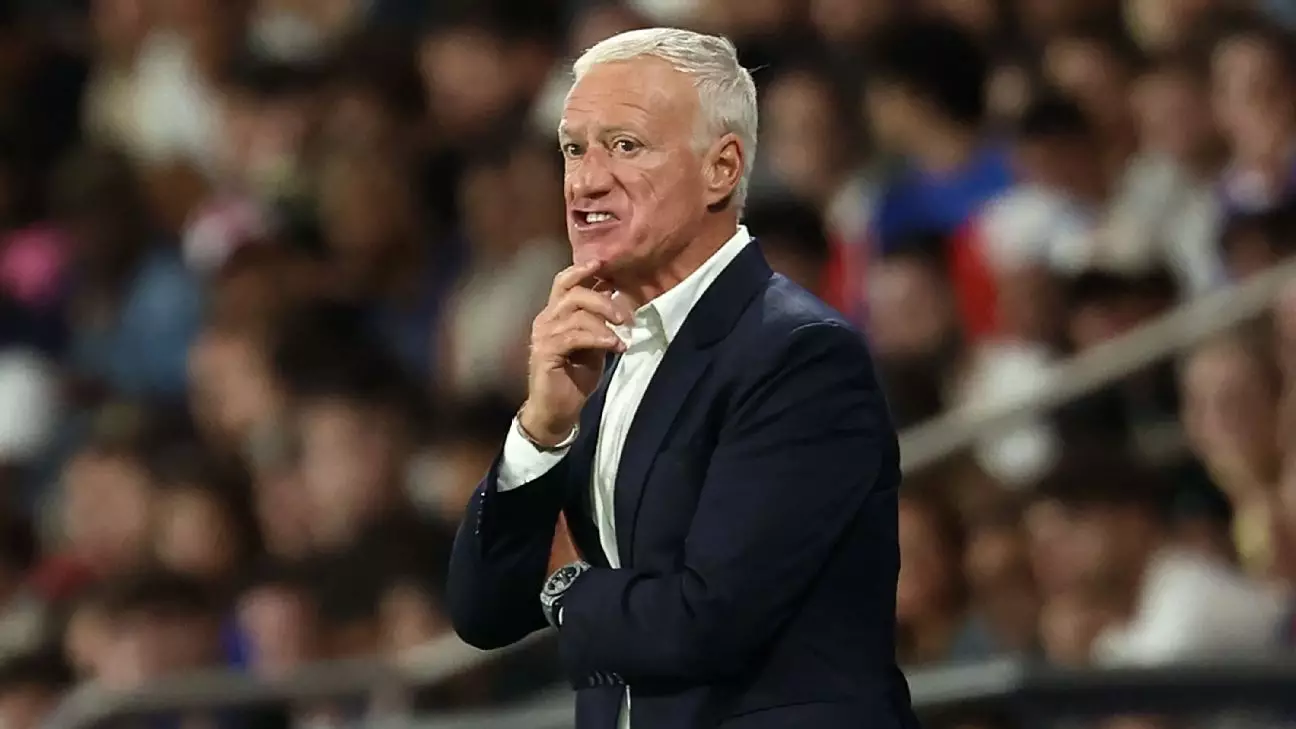Didier Deschamps’ tenure as the head coach of the French national football team is drawing to a close. According to multiple reliable sources, he is set to depart from his role at the end of his current contract, coinciding with the culmination of the 2026 World Cup cycle. This decision comes as France prepares for the formidable challenge of qualifying for the prestigious tournament scheduled to take place across the United States, Canada, and Mexico. While Deschamps will continue in his role for as long as the team remains competitive, he will step aside either following the World Cup or once the qualification campaign concludes, should the team fail to advance.
Deschamps took charge of the French national team back in the summer of 2012, succeeding Laurent Blanc. His journey has been nothing short of extraordinary, marked by a series of accomplishments that have redefined the landscape of French football. Under his guidance, the team not only triumphed in the 2018 World Cup but also secured the 2021 Nations League title. Moreover, he led the squad to impressive finishes in critical tournaments, including reaching the finals of the 2016 Euro Championship and the 2022 World Cup, as well as the semifinals in the forthcoming 2024 Euro competition.
His winning percentage of 64.2% illustrates the consistent success he brought to the team, allowing France to consistently perform at the highest level on the international stage. Deschamps has etched his name into the annals of football history as one of the most successful coaches ever, being one of only three individuals to have won the World Cup both as a player and a manager—a feat shared with legends Franz Beckenbauer and Mario Zagallo.
As the football community anticipates Deschamps’ announcement, discussions regarding his successor have begun to heat up. Zinedine Zidane, widely regarded as a leading candidate, looms large over these conversations. The former Real Madrid boss, renowned for his exceptional coaching capabilities and accomplished playing career, seems a fitting choice to follow in Deschamps’ prestigious footsteps. Zidane’s prior experience with the French national team as a player further augments his candidacy, lending an intimate understanding of the team’s culture and history.
The impending transition in French football opens a dialogue about the direction the team will take post-Deschamps. His legacy will certainly exert a lasting influence on the philosophy and approach of future coaches. As France gears up for the next round of international competitions, including the crucial Nations League quarterfinal against Croatia slated for March, the team will have to navigate these changes, aiming to build on the success achieved during Deschamps’ long and fruitful era.
In summation, Didier Deschamps leaves behind a rich legacy that has transformed the French national team into a powerhouse within international football. His accomplishments not only symbolize personal greatness but also serve as a beacon for future generations of players and coaches. The next chapter for France may present its challenges; however, if history has shown anything, it’s that change can also herald new opportunities for growth and success. As fans and analysts alike await Deschamps’ farewell, the future for French football is poised on the precipice of a new dawn, rich with potential and promise.

